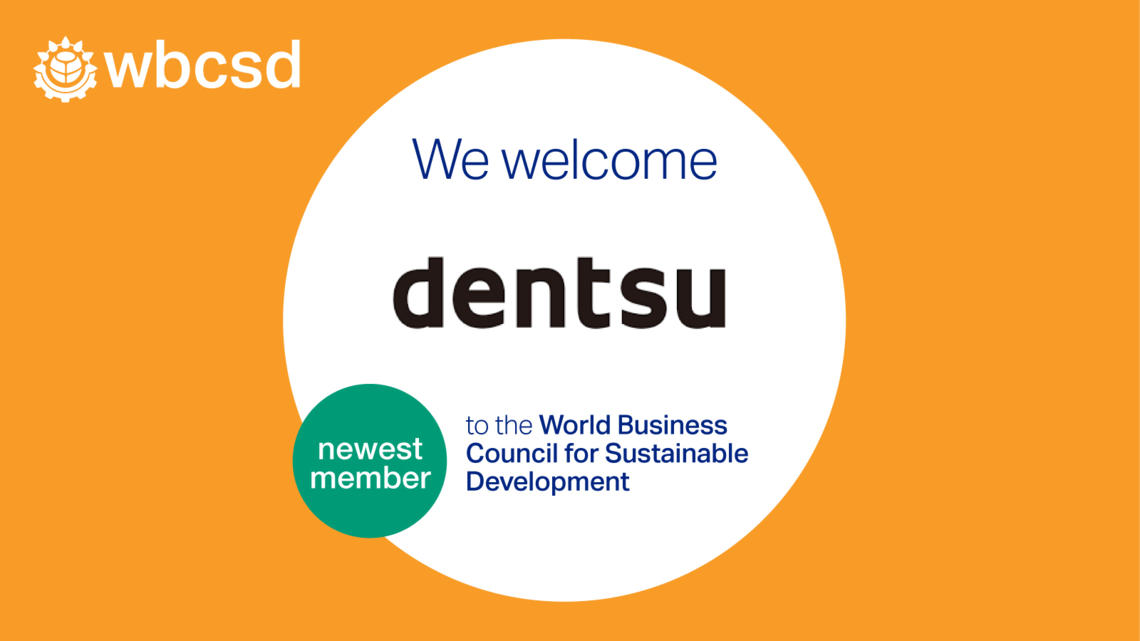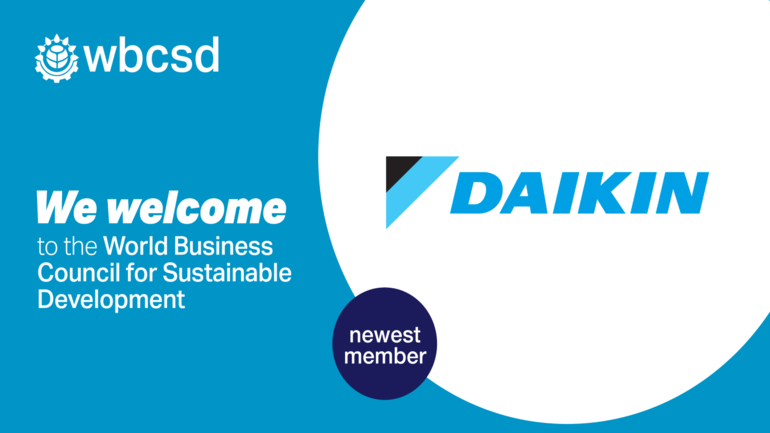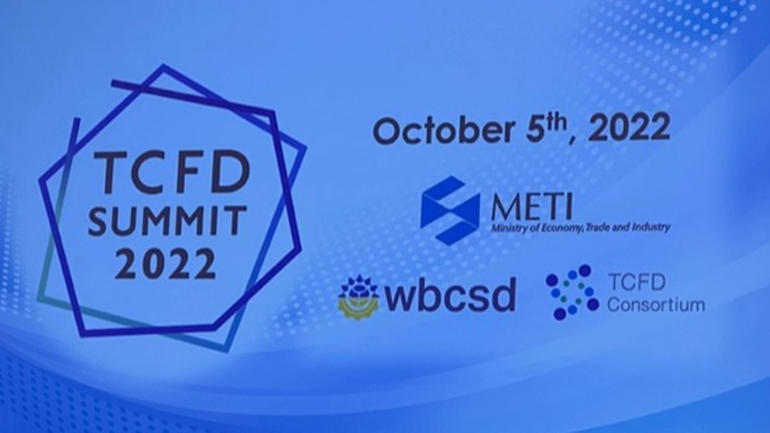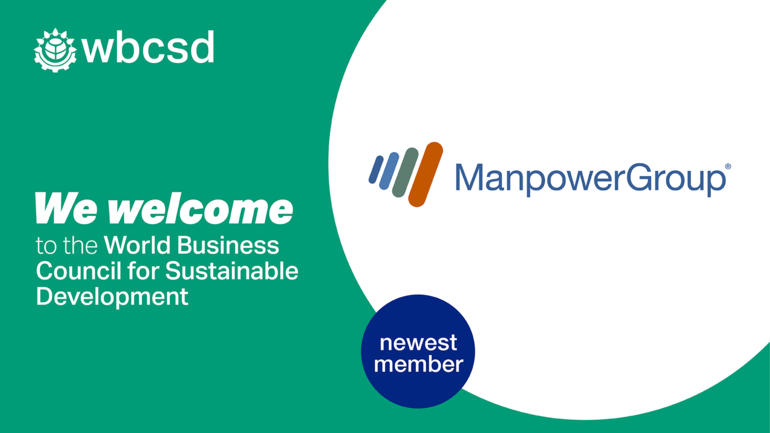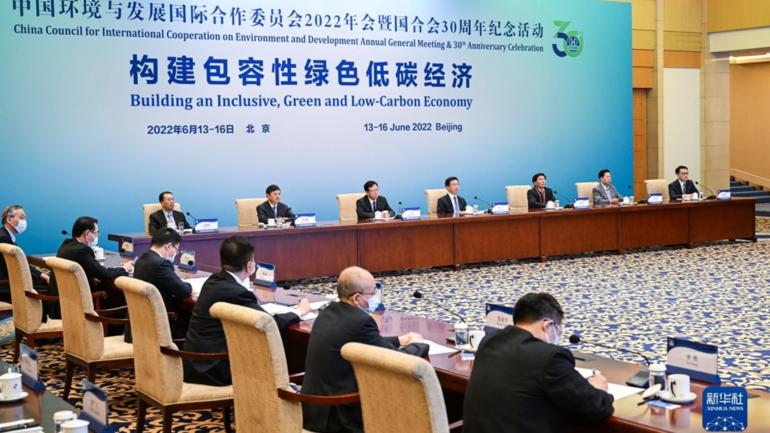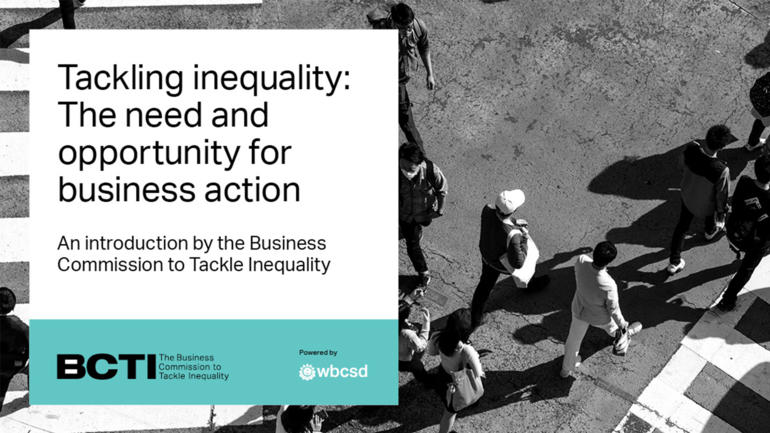Geneva, 27 May 2021 – Dentsu, the Japanese global advertising and digital agency, has joined nearly 200 forward-thinking companies as the newest member of the World Business Council for Sustainable Development (WBCSD).
Founded in 1901 and headquartered in Tokyo, dentsu encompasses a network of several other leading agencies across geographies. Dentsu operates in over 145 countries with more than 64,000 people around the globe committed to creating sustainable value and lasting good for everyone.
In February 2021 Dentsu Group committed to procure 100% renewable electricity and reduce absolute emissions by 46% by 2030. Its international operations are already powered by 100% renewable electricity. In addition, in recognition of its ability to influence and change human and societal behavior change, dentsu is committed to helping 1bn people make more sustainable choices in collaboration with its clients and partners.
Dentsu’s 2030 sustainability strategy sets out the areas in which dentsu can make the biggest difference:
- Decarbonizing the digital economy by achieving Net Zero emissions by 2030 and helping 1bn people to make more sustainable choices;
- Helping to build a fair and open society by creating a diverse and inclusive workforce and society, and by promoting equality and challenging perceptions through their work;
- Realizing the positive potential of digital by closing the digital divide through empowering the next generation with the skills they need to thrive.
In addition, dentsu has launched dentsu Sustainable Business Solutions (dSBS), a commercial strategy at the core of the Group’s business strategy, as laid out in the Dentsu Group Medium-Term Management Plan announced in February 2021.
dSBS will support business growth while integrating sustainability across campaigns. dentsu’s strength in integrated communication is based on a deep understanding of consumers and society, creativity, and an ecosystem of co-creation with clients and partners. The Group will incorporate this dSBS perspective into all of its businesses both within and outside of Japan.
The Group has already made many achievements based on the concept of dSBS. dentsu now plans to expand this at scale and achieve the goals of the medium-term management plan by 2024.
Dentsu’s strategy and understanding of sustainability challenges are well aligned with WBCSD’s new membership criteria and Vision 2050: Time to Transform which sets a shared vision of a world in which more than nine billion people are able to live well, within planetary boundaries, by 2050. To achieve this vision, the world needs transformation at scale, and business needs to focus its actions on the areas through which it can best lead the systems transformations.
As dentsu joins WBCSD, the company will leverage its expertise and network in the Japanese market to advise and help position Vision 2050 and the work of WBCSD in Japan among the wider business community.
On joining WBCSD, Wendy Clark, Executive Officer Dentsu Group, President & Global CEO, Dentsu International said: “The case for sustainability has never been greater and dentsu is committed to a focused agenda of Growth FROM Good. As a global leader in media and advertising we have a unique opportunity and responsibility to help guide our clients through this transition and in parallel use our insight into human behavior to inspire people all over the world to a better and more sustainable way of living.
By joining WBCSD we bring this purpose and capability to a network of like-minded global companies, committed to accelerating the transition to a more sustainable, restorative and inclusive economy”.
“We’re delighted to be welcoming dentsu to the WBCSD membership. Their leadership, expertise, depth of knowledge and capacity to communicate to a broad range of audiences and stakeholders is second to none. We need world-class leaders like Dentsu to help inform global conversations and communicate the urgency and breadth of transformations that are required for more than 9 billion people to live well, within planetary boundaries, by mid-century – as laid out in Vision 2050”, said WBCSD President and CEO Peter Bakker.
The Japanese business community is strongly represented with 20 member companies among WBCSD’s membership and plays a leading role in advancing the Council’s work globally.

